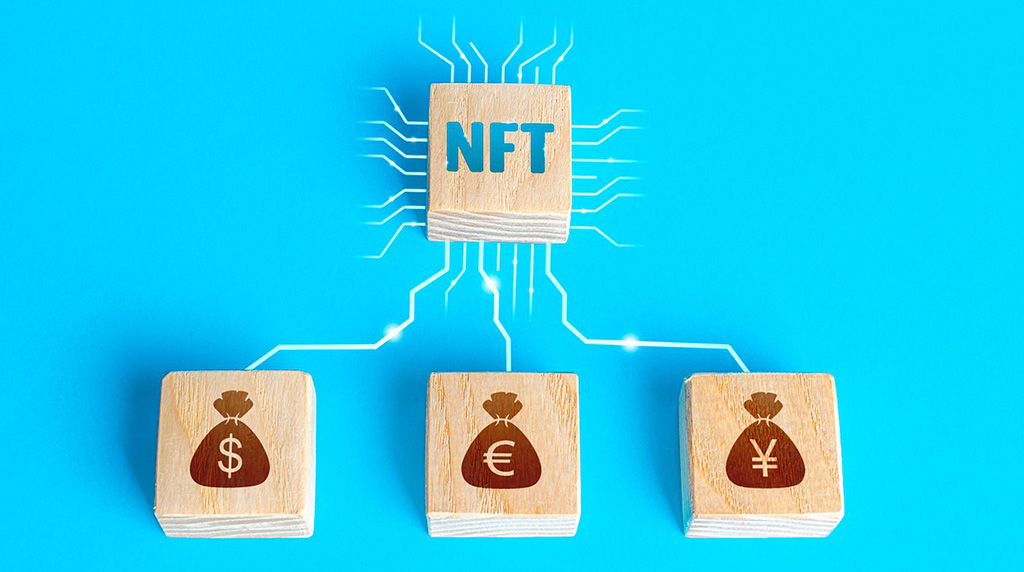Kazakhstan, one of the world’s leading Bitcoin (BTC) mining hubs, has announced plans to introduce new crypto regulations aimed at reducing tax fraud and unlawful business operations. The new law, signed by Kazakh President Kassym-Jomart Tokayev on Feb. 6, requires digital asset issuers to have the government’s permission and be subject to monitoring in accordance with the existing law of the land.

The second legislation targets unsecured digital assets, typically earned through crypto mining operations. To reduce the possibility of tax evasion, crypto miners in Kazakhstan will be required to sell at least 75% of their revenue via registered crypto exchanges. This rule, which aims to collect “information on the income of digital miners and digital mining pools for tax purposes,” will be effective from January 1, 2024, to January 1, 2025.
All crypto mining licenses in Kazakhstan are issued for a limited period of three years — which differs based on whether or not the miner owns the mining facilities. Alongside introducing the above laws, Kazakhstan launched the pilot of its central bank digital currency (CBDC) project — the “digital tenge.”
A report jointly published by the National Bank of Kazakhstan (NBK) and crypto exchange Binance NBK deputy governor Berik Sholpankupov wrote about the bank’s vision of a “collaboration between traditional finance and DeFi,” adding: “In Kazakhstan, we also started a practical R&D project to explore how our CBDC – Digital Tenge, can bridge the world of crypto with traditional fiat payments infrastructure.”
Kazakhstan’s new crypto regulations are a step in the right direction to ensure the safety and security of digital assets and reduce the possibility of tax evasion. The nation’s commitment to the development of its CBDC project is also a positive sign for the future of digital currencies in the region.



